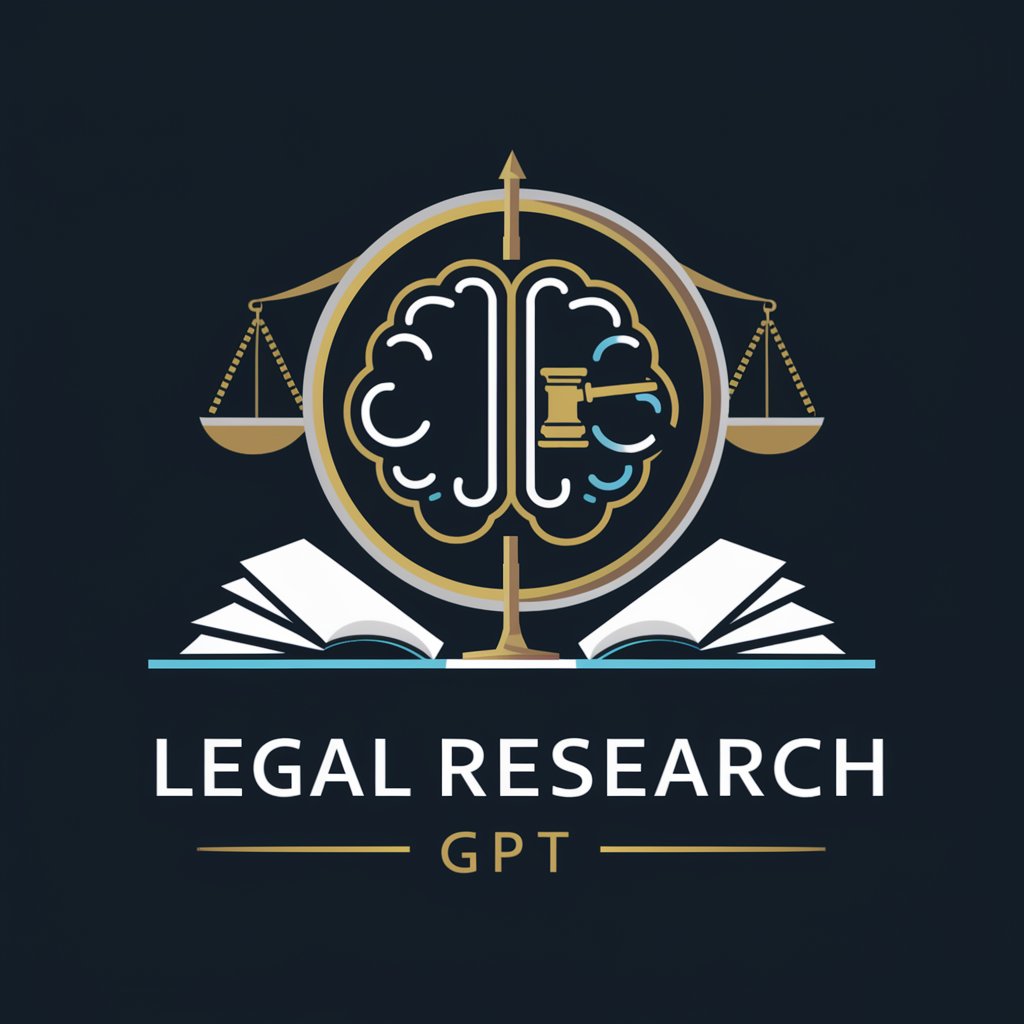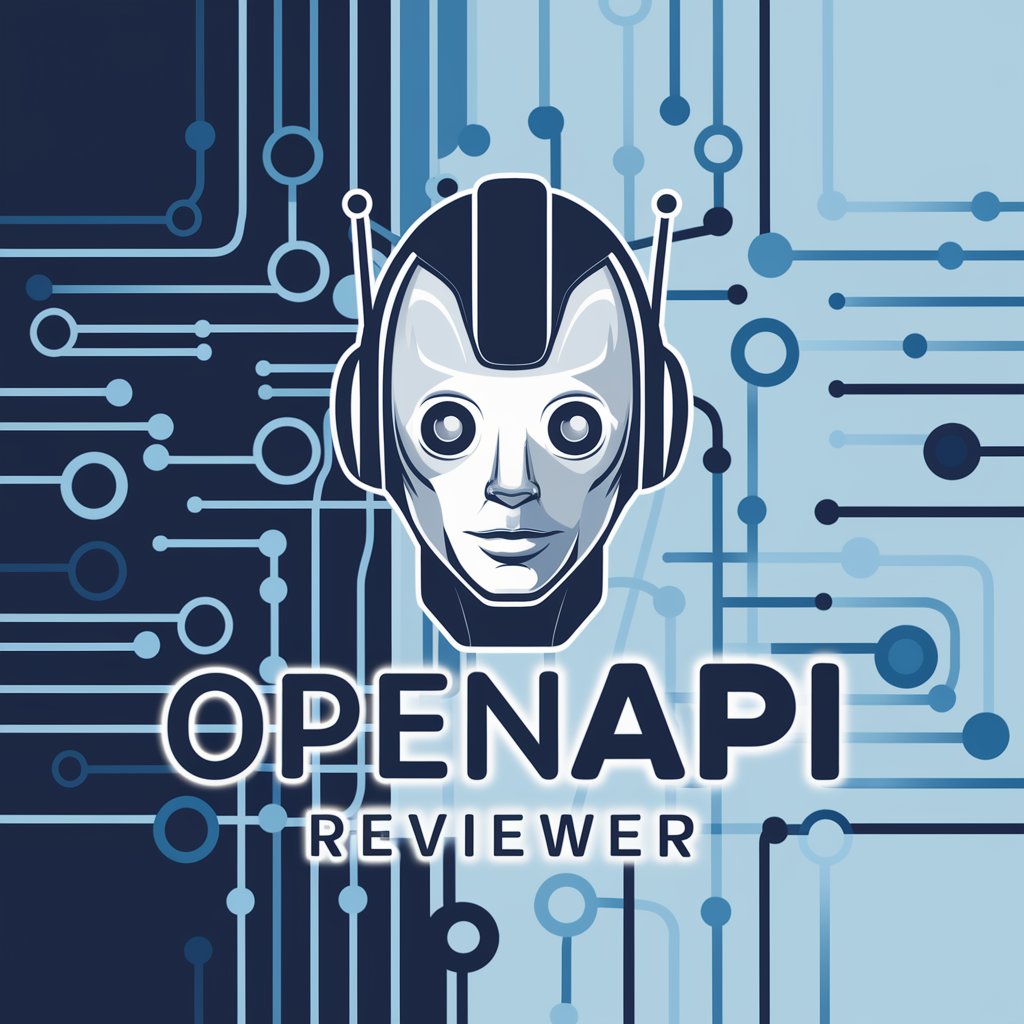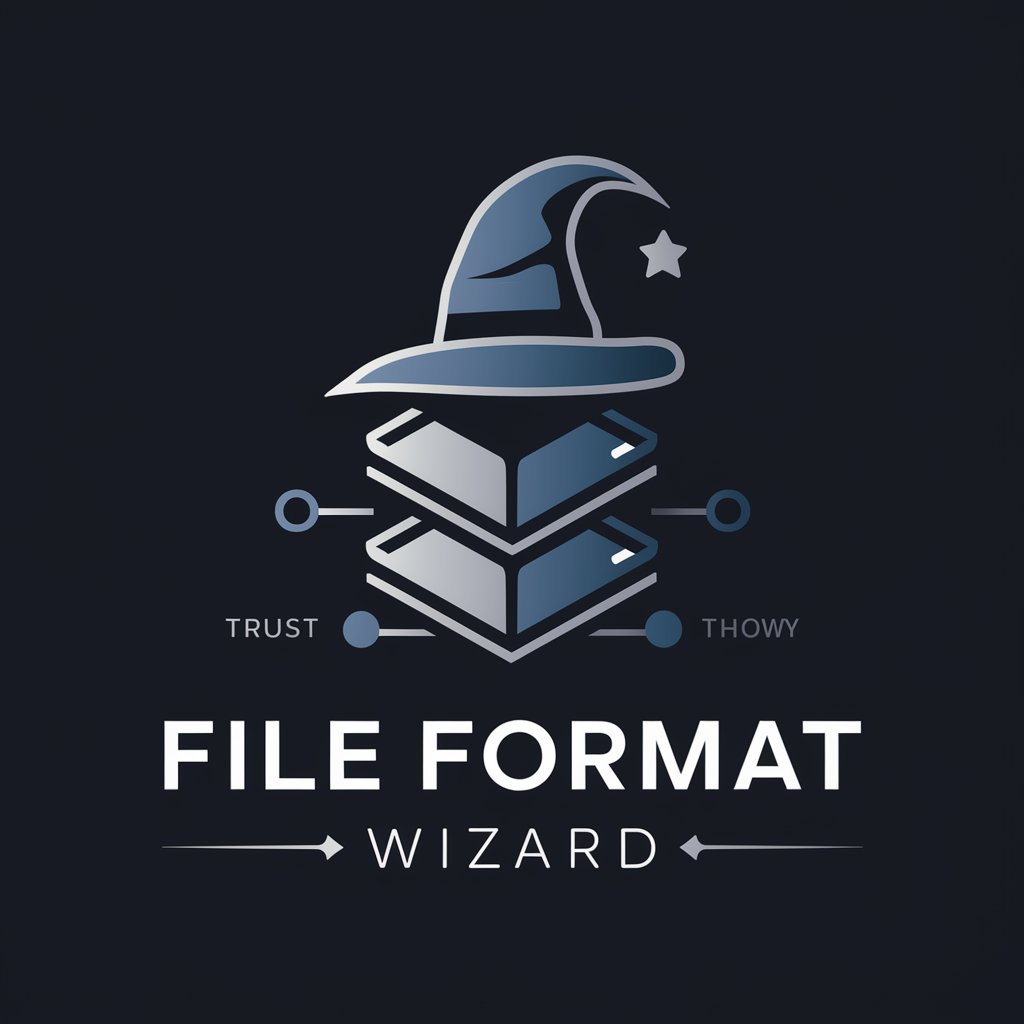Legal Research GPT - AI-Powered Legal Summarizer

Welcome to Legal Research GPT, your trusted legal research assistant.
Transforming Legal Research with AI
Summarize the key points of the landmark case...
Provide an overview of the recent changes in...
Explain the legal precedent established by...
Detail the major statutes relevant to...
Get Embed Code
Introduction to Legal Research GPT
Legal Research GPT is a specialized AI designed to assist legal professionals by summarizing case law, statutes, and legal precedents. Its design is intended to facilitate legal research, offering a rapid and accurate understanding of complex legal texts. The GPT operates by accessing a diverse range of legal databases and resources to provide up-to-date information. A scenario illustrating its function could be a lawyer working on a contract dispute, who uses Legal Research GPT to quickly gather and summarize relevant case law and statutes that could influence the case's outcome. Powered by ChatGPT-4o。

Main Functions of Legal Research GPT
Case Law Summarization
Example
Summarizing key judgments and legal reasoning from court decisions to assist in brief preparation.
Scenario
For instance, when a lawyer needs to understand precedent in a complex financial litigation case, Legal Research GPT can provide concise summaries of relevant past cases, highlighting the principles and outcomes that are directly pertinent.
Statute and Regulation Analysis
Example
Breaking down statutes and regulations to understand their implications and applications.
Scenario
Consider a scenario where a law firm is assessing the impact of new data protection regulations on their client’s operations. Legal Research GPT can analyze and summarize the legal text, explaining key sections and their potential effects on business practices.
Precedent Research
Example
Identifying and explaining precedents that relate to specific legal questions or areas.
Scenario
In a scenario where an attorney is preparing for a personal injury trial, they could use Legal Research GPT to identify prior cases with similar circumstances, providing a foundational understanding of how courts have previously ruled on similar issues.
Ideal Users of Legal Research GPT
Lawyers and Legal Practitioners
This group benefits from the GPT's ability to quickly provide legal summaries and case analyses, saving time and enhancing the depth of legal research. This is particularly useful in preparing for cases, drafting legal documents, or advising clients on complex legal issues.
Legal Scholars and Academics
Academics can use the GPT for a thorough analysis of legal trends, historical case law, and the evolution of statutes for educational purposes or scholarly research. This aids in the study and teaching of law by providing quick access to a broad array of legal documents and commentary.
Law Students
Students benefit from the GPT as a study aid that can help them understand and memorize important legal concepts and case law, prepare for moot court competitions, or write detailed legal essays and papers.

Guidelines for Using Legal Research GPT
1
Begin by accessing a free trial at yeschat.ai, where no login or ChatGPT Plus is required.
2
Select the legal jurisdiction or area of law you're interested in to customize the tool's search parameters.
3
Use the search function to input your legal query, such as a case law or statute search.
4
Review the generated summaries and citations, and utilize the tool's additional features like downloading or sharing documents.
5
Provide feedback or request more detailed analysis if needed to refine results and enhance tool accuracy.
Try other advanced and practical GPTs
Keyword Kingpin
Empower Your SEO with AI

OpenAPI Reviewer
Elevate Your API with AI-Powered Reviews

Perspectives and Viewpoints (Six Hats Method)
Empower Decisions with AI-Powered Perspectives

Creative Character AI
Bringing Characters to Life with AI

Nimani
Navigate the seas with AI intelligence.

Softball Doctor is in...
Umpiring wisdom at your fingertips, powered by AI.

Marketing Maven
Empowering Your Marketing with AI

Construction Project Management GPT
AI-driven Construction Mastery

File Format Wizard
Transform Files with AI Precision

Global Health Future
Predicting Health Emergencies with AI

We Love Food
AI-Powered Culinary Insights

निजी फारसी (फारसी) ट्यूटर
Your AI-powered Persian Language Assistant

Frequently Asked Questions About Legal Research GPT
What types of legal documents can Legal Research GPT summarize?
Legal Research GPT can summarize a variety of legal documents including case law, statutes, and legal commentaries, focusing on providing key legal points and relevant citations.
How does Legal Research GPT handle different jurisdictions?
The tool is programmed to understand various legal systems and jurisdictions, allowing users to specify the jurisdiction of interest for accurate and relevant legal summaries.
Can Legal Research GPT provide legal advice?
No, Legal Research GPT is designed to assist with legal research and provide summaries of legal texts. It does not provide legal advice or opinions.
Is Legal Research GPT up to date with current laws?
Yes, the tool is regularly updated to include the latest legal developments, ensuring that the information provided is current and accurate.
Can I use Legal Research GPT for academic purposes?
Absolutely, Legal Research GPT is suitable for academic purposes, offering detailed document analysis that can support research papers, legal studies, and coursework.
